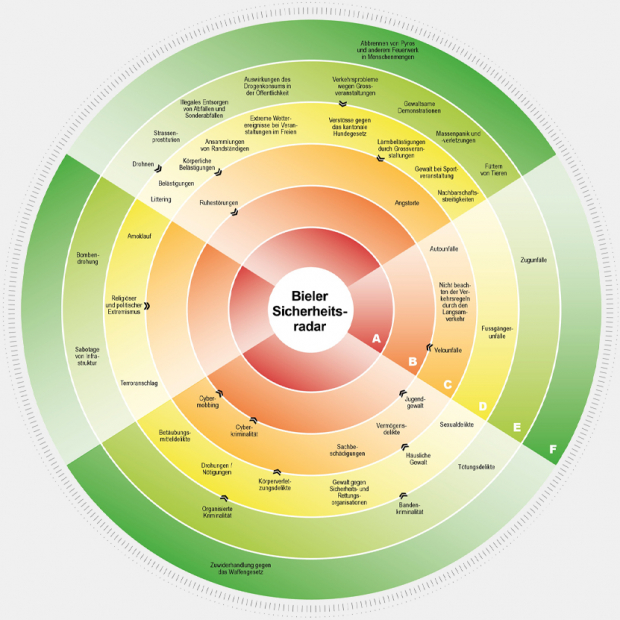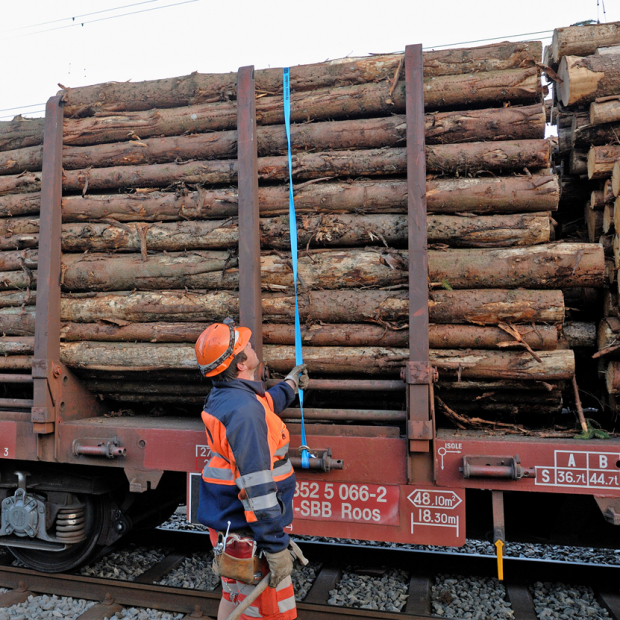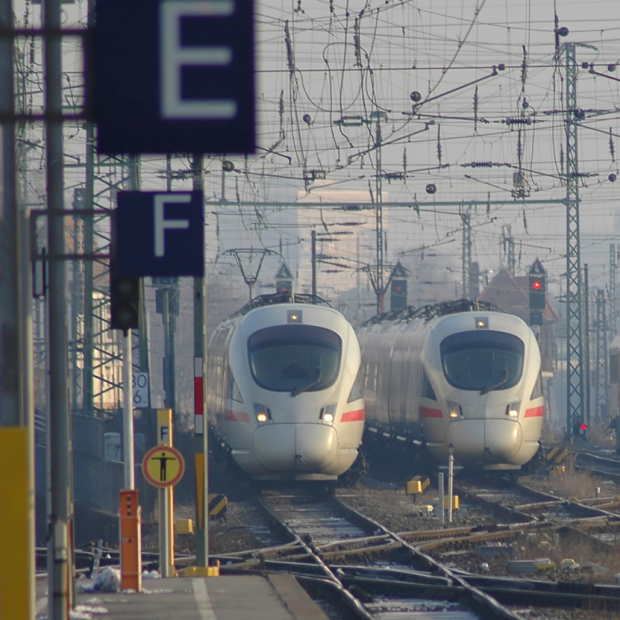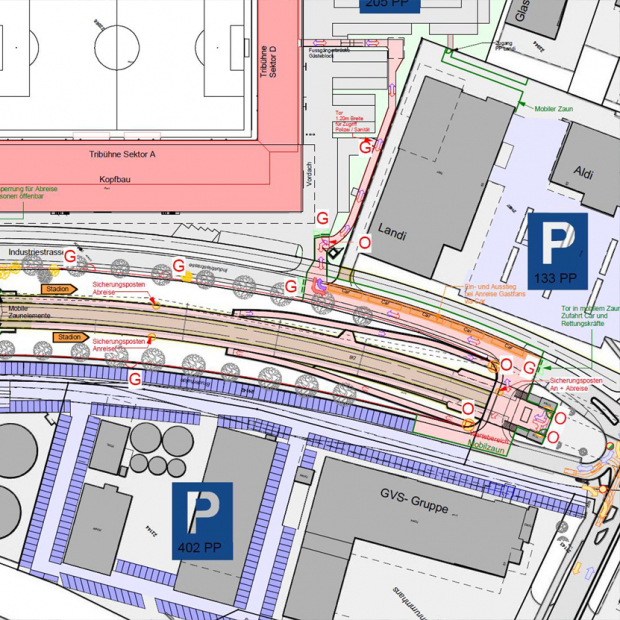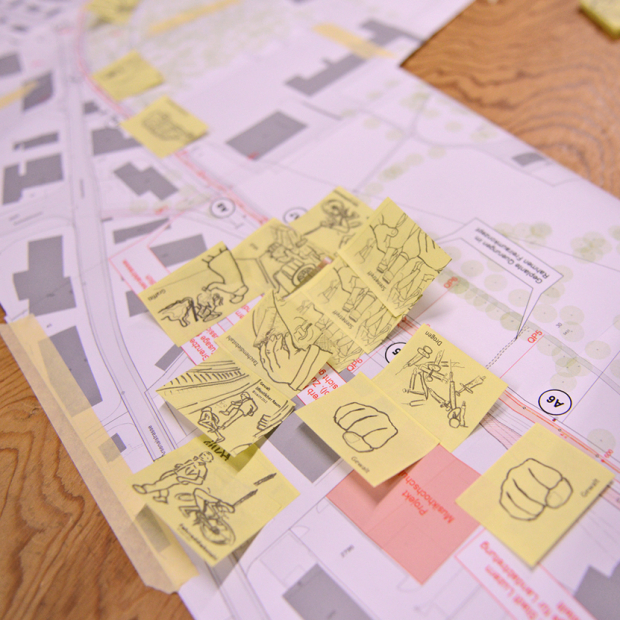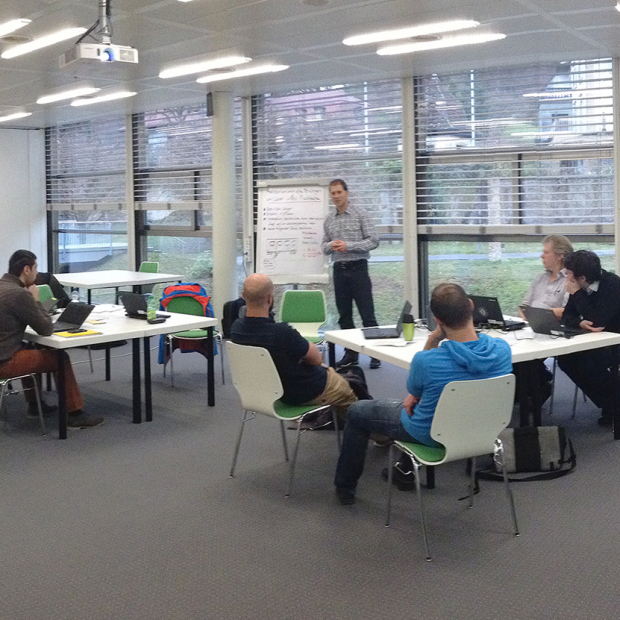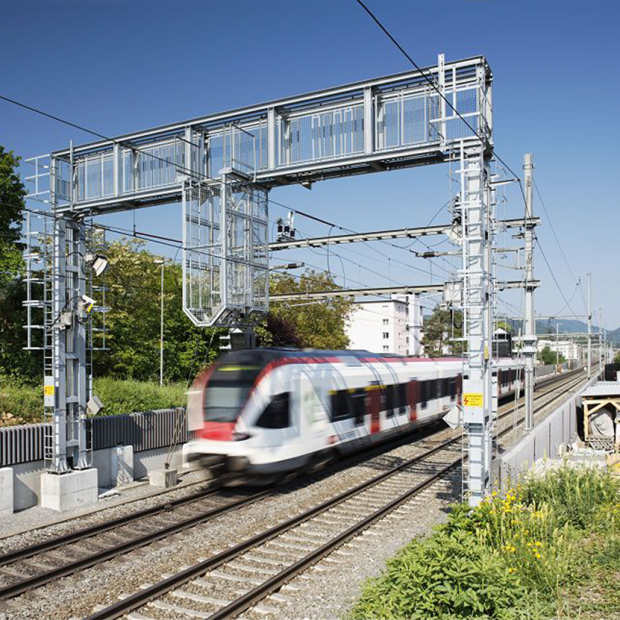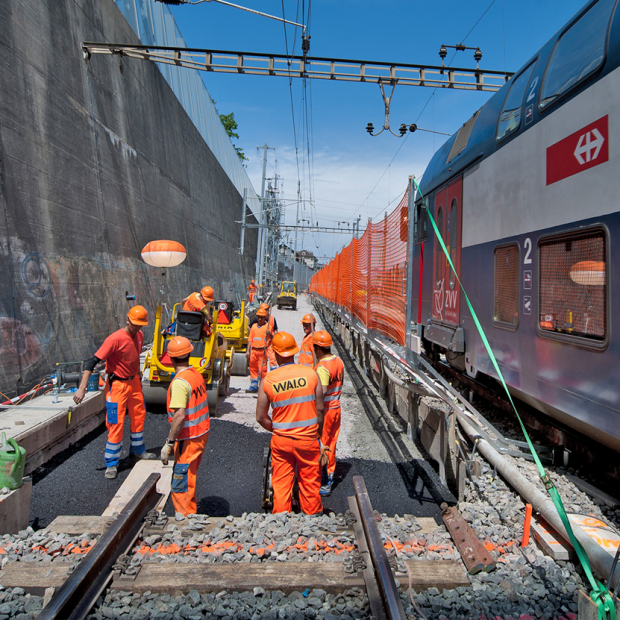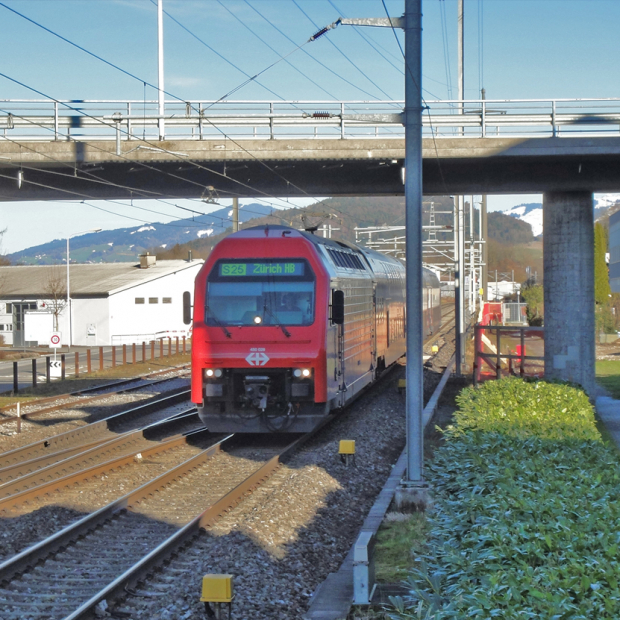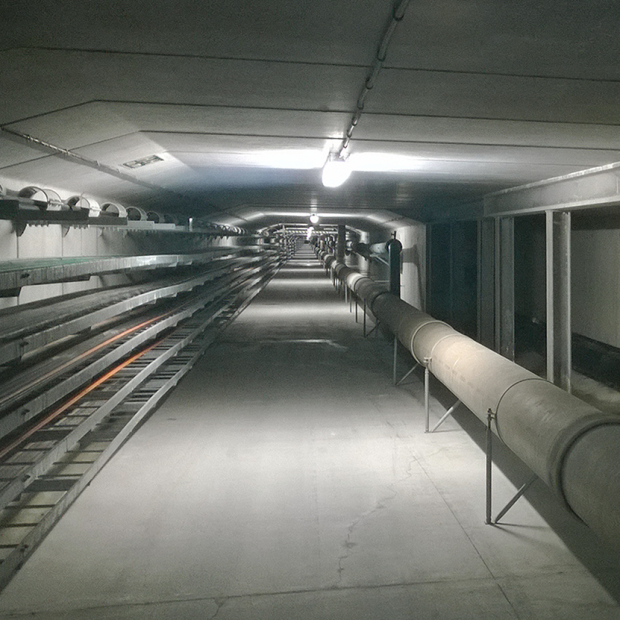
RAMS requirements for modular electronic train control systems
In the context of general efforts to reorganize its production control, Deutsche Bahn AG has decided to base its railway operations on a new modular electronic train control system.
In order to prepare for the new control system’s introduction, Deutsche Bahn AG (DB) has commissioned EBP to determine the corresponding RAMS requirements.
The modular design of the NeuPro electric train control system means, for example, that its individual components can be manufactured by different suppliers. This, however, makes it necessary to draft reliability, availability, maintainability, and safety (RAMS) requirements that are based on EN 50126 for each module.
EBP is now helping DB to derive the quantitative RAMS requirements for the modules.
The derivation of the safety requirements (S) is based on the pre-standard DIN VDE V 0831-103. This standard defines the applicable types of failure and corresponding tolerable hazard rate (THR) for all safety-related functions of the control and safety equipment. In order to make use of the pre-standard in this context, it is necessary to assign the various functions to the specific modules of the NeuPro control system in accordance with the pre-standard. The numerical distribution of the THR to the modules then takes place subsequently on the basis of fault trees.
The reliability, availability, maintainability, and safety requirements (RAMS) are derived from various available sources, including existing DB specifications, a statistical analysis of the performance of the existing railway control systems and workshops with experts and manufacturers. The aim here is to define applicable numerical requirements (failure persistence times, mean time to failure, failure elimination times, etc.)
Given that various types of failure can have different impacts on railway operation, the criticality of the types of failures is also taken into consideration.

